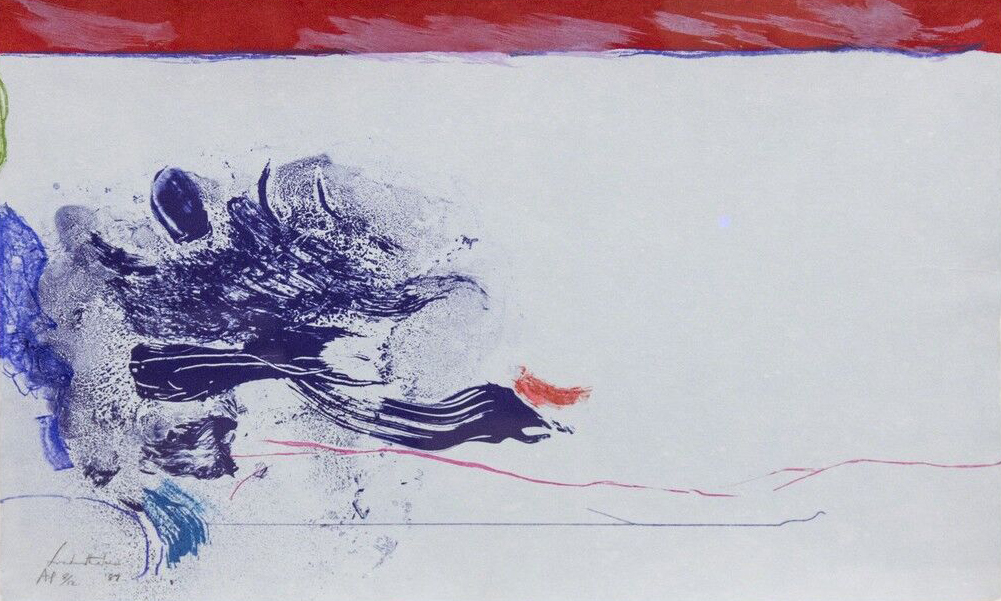Capital:
Form or Flow? Instructor: Ray Brassier Date & Time: Jan 8, 15, 22, 29, Feb 5, 12, 19, 26 9 to 11:30 AM ET

DESCRIPTION: Marx calls “production in general” a rational abstraction. While production is always production by social individuals at a definite stage of social development, the concept of ‘production in general’ allows us to distinguish those elements common to every stage of production from those specific to some. As a rational abstraction, production in general is not to be reified. Ignoring this caveat, Deleuze and Guattari attribute to Marx “the discovery of an activity of production in general and without distinction” (Anti-Oedipus 302). This allows them to suggest that their unification of social and desiring production, or political and libidinal economy, is Marxian in spirit, if not in letter. Yet it is neither. For while social and desiring-production are twin attributes of production in general, the latter is substantialized as desire, whose machinations – connective, disjunctive, conjunctive – are transhistorical. The syntheses of desire are the postulates of a speculative rather than rational abstraction, removing the vicissitudes of the drives from historically specific relations of production. This speculative conjunction of drive and production (“drives are simply the desiring-machines themselves” (Anti-Oedipus 35)) turns capital from a historical nexus of social forms and relations into an avatar of cosmic productivity. For Deleuze and Guattari, the flows of desire are coded at the primary, molecular level, but socially overcoded at the secondary, molar level (by the despot and the state, respectively). By decoding what has been socially overcoded, capital promises to free desiring-production from the fetters of social production, releasing what human sociality has hitherto repressed: desire as ‘production for the sake of production’. On this account, capital is no longer primarily a social relation but the conjunction of two decoded flows: a flow of labour and a flow of money. What Marx called ‘surplus-value’ is redefined as the incommensurability between these two flows, rather than as the difference between the value of labour-power and the value it produces. Capital is no longer the conjunction of the commodity form and the class relation. Labour is no longer the commodified source of commodity production. Where for Marx living labour is required to convert the value of fixed capital into surplus-value, Deleuze and Guattari render labour tributary to a ‘machinic surplus-value’ inherent in the means of production as such. Capital’s self-moving power is rendered independent of its social relation to labour, which becomes its inert appendage. The limit to capital is no longer the ‘moving contradiction’ between the expansion of surplus-value and the reduction of necessary labour time, but the moment of antiproduction (the disjunction of flows) immanent to capitalist production itself. Overcoming this disjunction entails the generalized conjunction of flows reuniting humanity and nature beyond subjectivity and objectivity. This last is certainly consonant with Marx’s vision of communism as the social organism’s reunion with its inorganic body, nature. But at every juncture, Deleuze and Guattari replace Marx’s analysis of social forms and relations with a description of flows and codes. They replace the critique of political economy with a metaphysical economy that naturalizes social relations and libidinal drives. The result is a metaphysics of production that turns the overcoming of capital from a macropolitical program targeting the commodity form and the class relation into a micropolitical ethos maximizing the conjunction of flows, which is to say, the intensification of desire.
IMAGE: Helen Frankenthaler, In The Wings, 1987
To see The New Centre Refund Policy CLICK HERE.
To see The New Centre Refund Policy CLICK HERE.